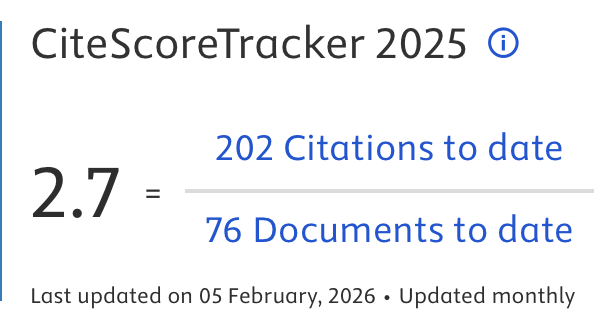Kitab Hadis Sekunder: Perkembangan, Epistimologi, dan Relevansinya di Indonesia
DOI:
https://doi.org/10.14421/qh.2017.1802-06Abstract
Artikel ini menjelaskan tentang kitab/buku hadis sekunder, yakni kitab kreasi atas kitab hadis primer sebagai koleksi hadis yang tidak boleh dirubah. Telaah menunjukkan bahwa pasca dihimpunnya hadis-hadis dalam kitab sekunder, maka pada periode berikutnya hingga sekarang, mengalami dinamika format kitab yang berbeda dengan kitab primer. Kitab-kitab hadis sekunder terus mengalami perkembangan sesuai perubahan dan kebutuhan zaman, bahkan di Indonesia memiliki kekhasan utama yakni tambahan terjemahan dan penjelasan. Perkembangan tersebut tidak terlepas dari dimensi epistimologis yang merupakan prinsip-prinsip penting dalam proses penyusunan kitab. Aspek epistimologis dimaksud ialah (a) tujuan penulisan kitab untuk menyampaikan hadis Nabi yang bisa menjelaskan dan mudah diakses, (b) tema atau cakupan bahasan yang sesuai dengan kebutuhan dan perkembangan zaman, (c) sumber rujukan yang memadai dan mekanisme pengambilan yang standar, (d) sistematisasi penyajian sehingga runtut dan mudah dipahami, dan (e) sifatnya yang jelas, mudah, dinamis, dan menarik. Prinsip-prinsip tersebut sangat signifikan dan relevan, sehingga memengaruhi perkembangan kitab-kitab hadis yang relatif lebih dinamis, fleksibel, beragam, menarik, dan efektif.Kata Kunci: Perkembangan, Kitab Hadis, Epistemologi
References
Downloads
Published
Issue
Section
License
Publishing your paper with Jurnal Studi Ilmu-ilmu al-Qur'an dan Hadis means that the author or authors retain the copyright in the paper. Jurnal Studi Ilmu-ilmu al-Qur'an dan Hadis uses license CC-BY-NC-ND or an equivalent license as the optimal license for the publication, distribution, use, and reuse of scholarly works. This license permits anyone to copy and redistribute the material in any medium or format and must give appropriate credit, provide a link to the license, and indicate if changes were made. If you remix, translate, transform or build upon the material you may use it for private use only and not for distribution. Jurnal Studi Ilmu-ilmu al-Qur'an dan Hadis granted an exclusive non-commercial reuse license by the author(s), but the author(s) are able to put the paper onto a website, distribute it to colleagues, give it to students, use it in your thesis, etc, so long as the use is not directed at a commercial advantage or toward private monetary gain. The author(s) can reuse the figures and tables and other information contained in their paper published by Jurnal Studi Ilmu-ilmu al-Qur'an dan Hadis in future papers or work without having to ask anyone for permission, provided that the figures, tables, or other information that is included in the new paper or work properly references the published paper as the source of the figures, tables or other information, and the new paper or work is not direct at a private monetary gain or commercial advantage.
Jurnal Studi Ilmu-ilmu al-Qur'an dan Hadis journal Open Acces articles are distrubuted under the Creative Commons Attribution-NonCommercial-NoDerivatives 4.0 International (CC BY-NC-ND 4.0). Article can be read, copy and redistribute the material ini any medium or format under the following conditions:
Attribution — You must give appropriate credit, provide a link to the license, and indicate if changes were made. You may do so in any reasonable manner, but not in any way that suggests the licensor endorses you or your use.
NonCommercial — You may not use the material for commercial purposes.
NoDerivatives — If you remix, transform, or build upon the material, you may not distribute the modified material.










